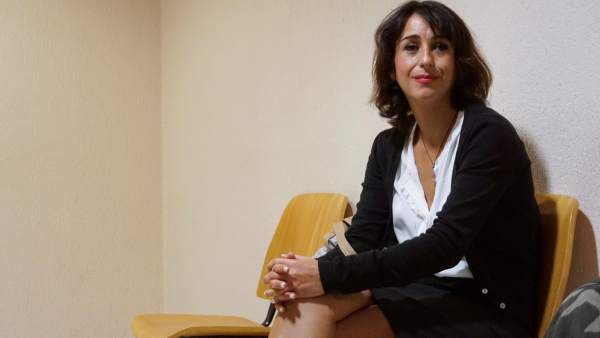WASHINGTON (Jiji Press) — The U.S. State Department on Wednesday listed Japan as one of countries showing a pattern of noncompliance with the so-called Hague Treaty that sets procedures to settle cross-border parental child abduction cases.
Japan joined the Convention on the Civil Aspects of International Child Abduction in 2014, and it is the first time since then that the nation has been put on the list in the department’s annual report on the issue of children taken by one parent following the breakup of international marriages.
The listing may help put greater pressure on Japan to comply with the treaty, pundits said.
The 2018 report said Japan has made “measurable progress” on international parental child abduction, noting that the average number of children reported abducted to the country each year has decreased by 44 percent since 2014.
While noting that “a strong and productive relationship” between the Japanese and U.S. governments has facilitated the resolution of abduction cases, the report said that “there were no effective means” to enforce court return orders.
As a result, 22 percent of requests for the return of abducted children under the treaty remained unresolved for more than one year, the report said, adding the enforcement process is “extremely long.”
A total of 12 countries, also including China, India, Brazil and Argentina, were on the 2018 list of countries showing a pattern of noncompliance.
“Now is an opportunity for the government of Japan to demonstrate a true commitment to reforming its inability to enforce its own judicial rulings,” said Jeffery Morehouse, who is seeking to gain custody of his son in Japan.
Paul Toland, who hopes to reunite with his daughter in Japan, said, “Japan will need a complete reform of their family law system and will have to change the way they view the rights of a child to know and love both parents after a divorce if they ever want to be compliant with the Hague [treaty].”
